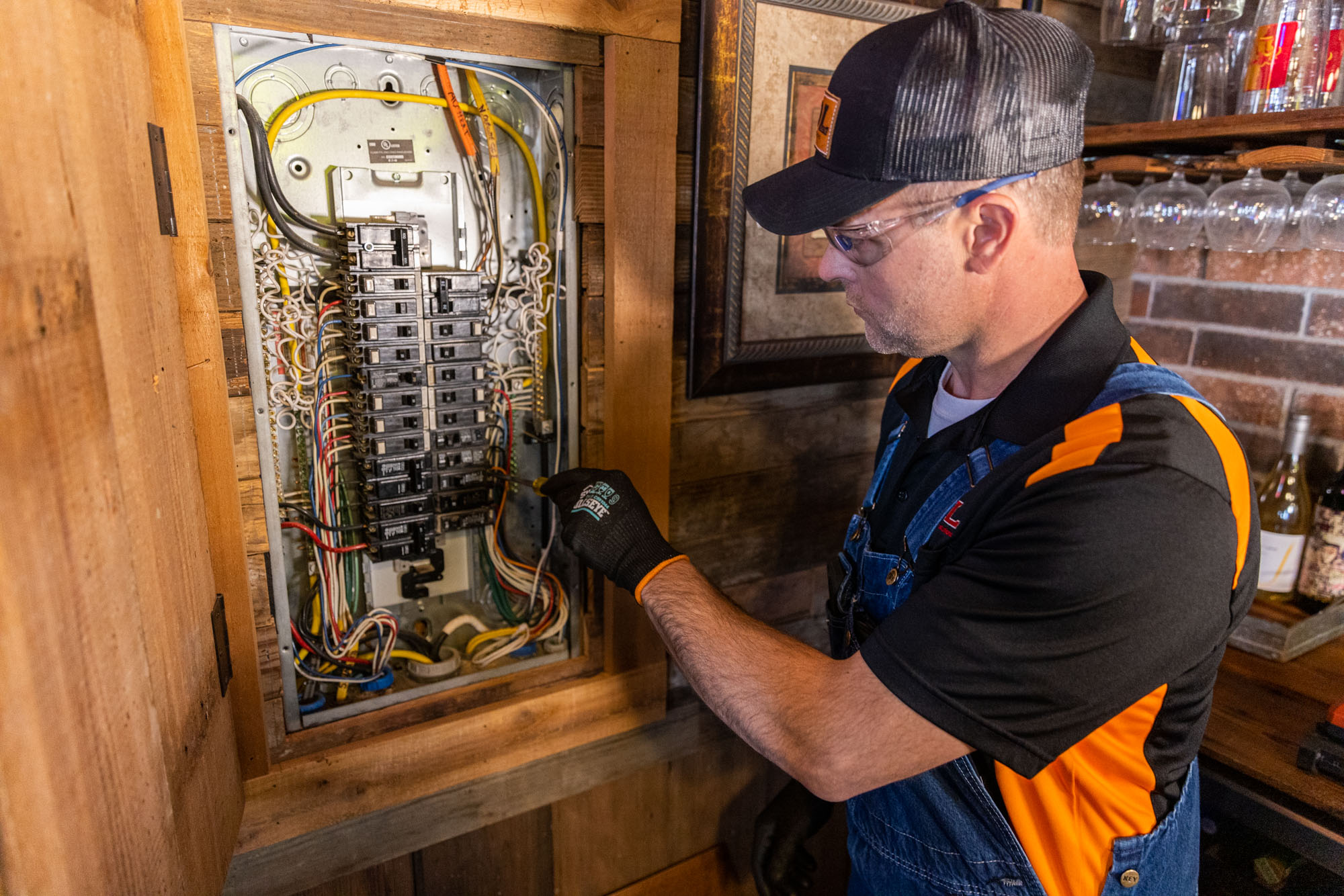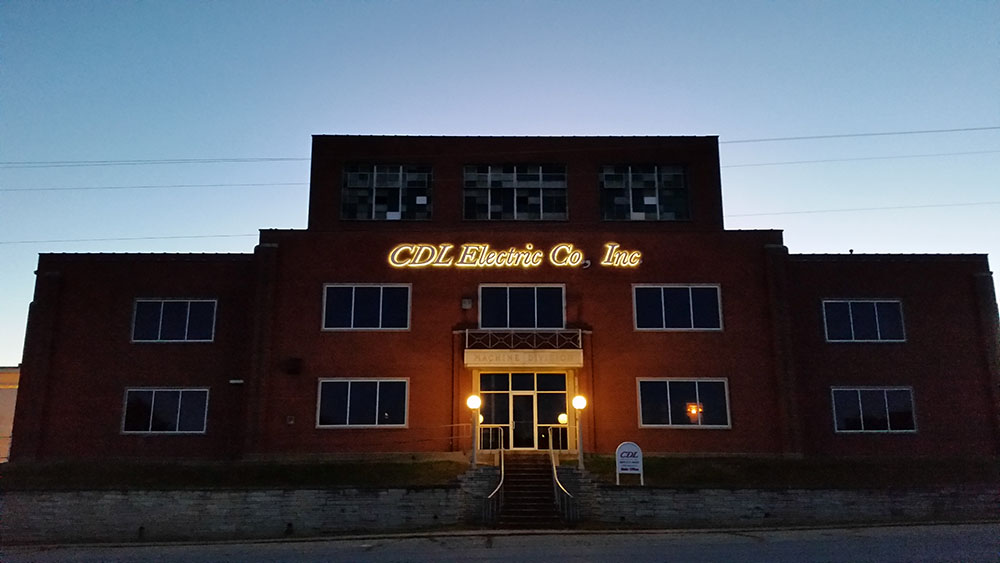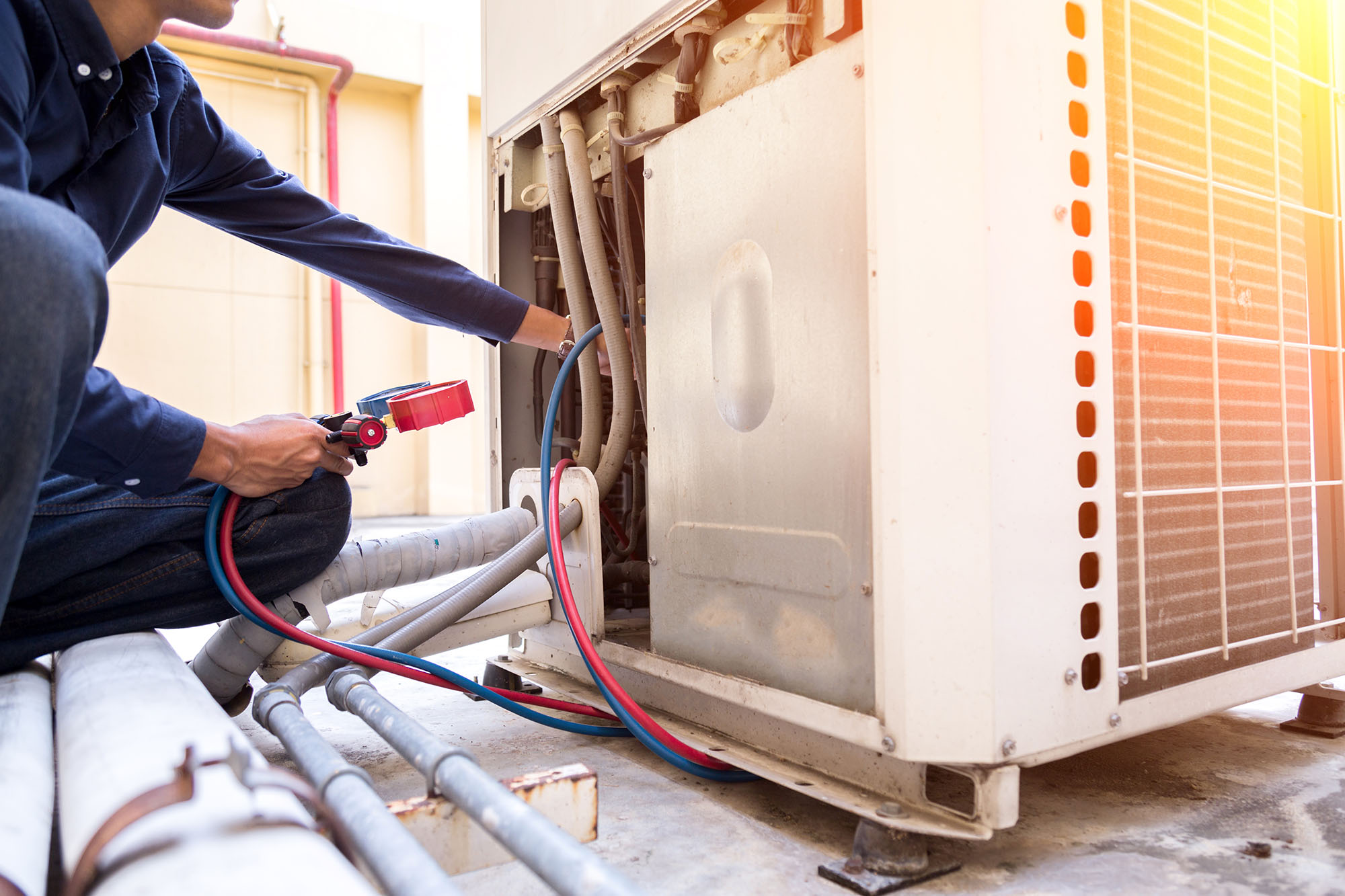When you drive around your neighborhood, you may see homes of all sizes with solar panels installed on their roofs or in their yards. And traditionally, you may scoff and think they spent a pretty penny installing a solar system on their house — but that may not be the case.
Today, going solar has many financial benefits that can help offset your carbon emissions and costs. From tax credits to flexible payment options, going solar today is easier than ever before.
So instead of writing it off as an expensive investment reserved for the wealthy, maybe now is the time to consider it a viable option. You may be surprised to find out there’s much more to going solar than simply saving the environment (although that benefit cannot be understated).
Fast facts about going solar:
- Most homeowners in most states can benefit from going solar.
- The average home saves between $20,000 and $97,000 on electricity over the lifetime of a solar panel system.
- The federal income tax credit offers a 30% credit toward the cost of installing solar panels at home.
- The average solar system generates the same amount of clean energy as driving 16,000 miles.
- Installing solar panels makes your local community healthier and more prosperous.
What To Know About Residential Solar Power
Some utility companies offer rebates and credits for unused energy.
Depending on your location, your local utility company may offer some incentives for installing solar systems in your home and running your power off sunlight. Some companies provide rebates based on how much energy is used, called performance-based incentives (PBIs). Or they may buy back extra energy your system produces through net metering.
Some companies may also offer one-time subsidies for the installation itself. Use the DSIRE tool from N.C. Clean Energy Technology Center at N.C. State University to find state incentives for renewables and efficiency in your area.
Solar power can work in all parts of the country (although some parts are better suited).
Most states in the U.S. are well-suited for solar installation. Even homeowners in areas with relatively low solar resources, like Alaska or the Pacific Northwest, can still experience cost savings in their area.
How much energy your system can produce depends not only on your state but your specific address as well. Use Project Sunroof, a solar calculator from Google, to calculate your roof’s solar savings potential.
You don’t have to pay for the entire system upfront.
Traditionally, homeowners had to be able to afford a system outright, which can be expensive and tricky to budget for. But today, many companies offer payment systems or leases to help homeowners cover the cost in a way that fits into their budget.
Who installs your system makes a big impact on its efficiency.
Solar energy installers are definitely not one-size-fits-all. A provider needs to be experienced, work with the best systems, and be knowledgeable about all things solar energy. Installation includes not only the mounting itself but ensuring the system is set up for optimal energy absorption.
Some of the things an installer will need to consider during installation include:
- Electricity consumption
- Solar energy system size
- Direct hours of daily sunlight
- Size and angle of the roof
- Local electricity rates
CDL Electric has decades of experience providing the highest quality customer service for all projects, including solar energy. Our success is rooted in delivering value to our customers and our unwavering commitment to our team members. We follow the principles of honesty, excellence, accountability, respect, and teamwork.
6 Reasons to Install Solar Panels At Home
Reduce (Eliminate) Energy Bills
The average homeowner saves between $20,000 to $97,000 on electricity over the lifetime of their system (usually about 25 years). This equates to average savings of about $65 to $320 per month.
Obviously, this range is pretty big. That’s because how much you can save depends on a host of factors, like:
- How many panels
- Type of panels
- Sun exposure
- Average energy consumption
- Incentives
- And more
Take Your Home Off The Grid
Going solar is a good solution if you don’t want to depend on the energy grid (and the inherent price volatility that comes with it). By installing a solar system, you can live off of the energy it produces without relying on local utilities.
It’s important to note that going off the grid will take a lot of solar panels and isn’t even allowed in many places. Most homeowners will still have to be hooked up to local utilities in case they need backup power — or simply because it’s required.
Improve Your Home’s Value
Solar panels are considered a home upgrade in the real estate market — similar to a finished basement. According to Zillow, solar panels increase the appraisal value of a house by 4.1% on average. How much ROI it delivers during a home sale will depend on its size, local electricity rates, and other forms of incentives available for the buyer.
Earn Tax Credits and Rebates
Off the bat, you will be eligible for a federal income tax credit of 30% of your system’s cost. So if your system costs $25,000, that would equate to a $7,500 credit come tax season. Some states also have their own tax credits that you can add to your taxes as well.
Other financial benefits include cash rebates, PBIs and net metering (mentioned above), and solar renewable energy certificates (SERCs). SERCs are certificates you can sell to an energy company to help them meet their green energy requirements. They’re confusing, but this blog explains them more in-depth.
This is just a tiny snippet of the financial incentives available. Check out all of them on the Energy.gov website.
Help The Environment
While the financial benefit is critical for most homeowners, the environmental impact shouldn’t be overlooked. Think of it as the icing on the cake.
When you invest in a solar energy system, you can swap the burning of fossil fuels for one of the most abundant and reliable energy sources at our disposal: the sun. On average, a solar system generates the same amount of clean energy as driving 16,000 miles. It decreases greenhouse gas emissions, reduces air pollutants, and makes your local community a healthier place to live.
Support Your Local Community
By going solar, you can help lower your neighbor’s energy bills. Traditional energy is a supply and demand system, so the price decreases with fewer people relying on it. It also takes pressure off the grid to make it more reliable.
Plus, as a growing part of the U.S. economy, investing in solar means investing in stable and sustainable jobs in your community. As this sector keeps growing, more of your friends and neighbors will see job opportunities in your area. Your investment in solar can help their career outlook.


